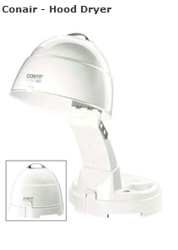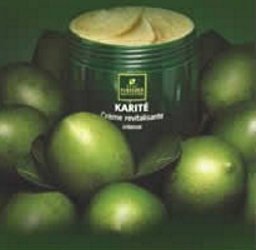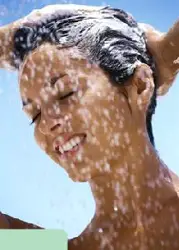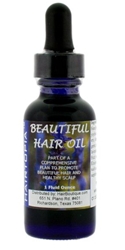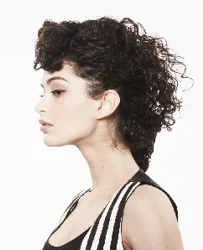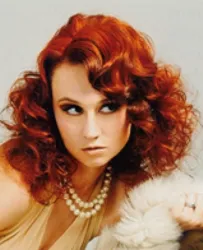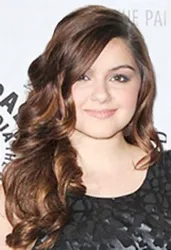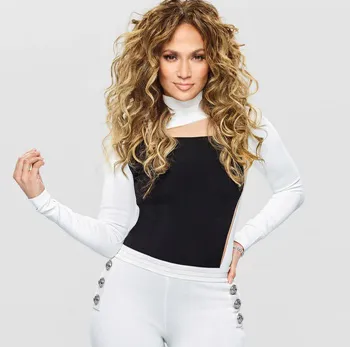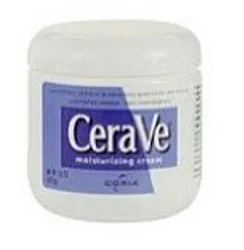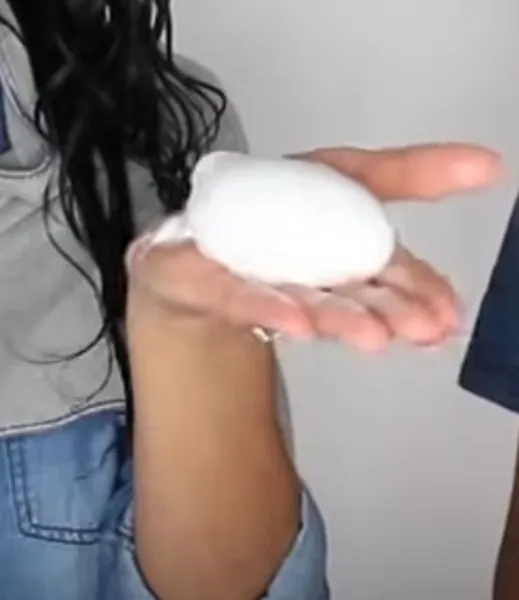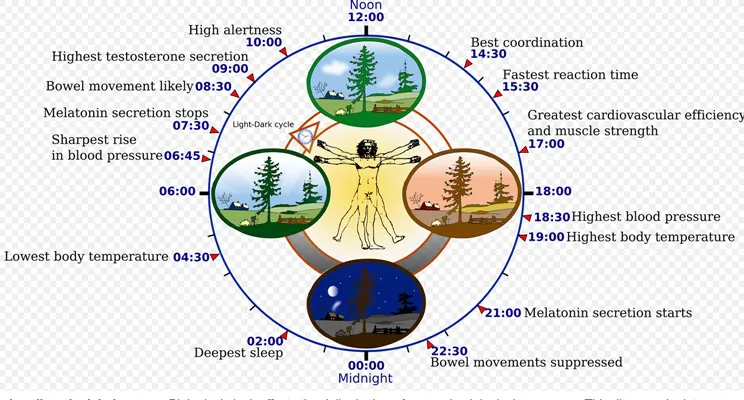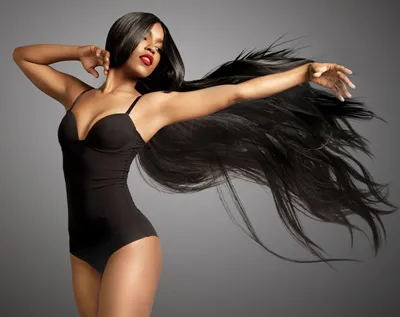
Winter Season Is Most Challenging Time For Wavy, Curly, Coily Hair
Winter Season Is Most Challenging Time For Wavy, Curly, Coily Hair
Winter is the season of the year which causes the most challenging conditions for wavy, curly and coily strands.
Once Fall changes into Winter waves, curls and coils are assaulted by brittle winds and frizz-producing rain, ice and snow (depending on the part of the world you live in) and dry conditions.
(Image of Conair Collapsible Hood Hairdryer - All Rights Reserved).
Waves, curls and coily kinks just don't have a chance unless they are well-prepared to deal with the onset of Winter Winds.
You can win against all the winter texture enemies by adopting an excellent hair care program. It is more important than ever to use only the very best quality products for your strands.
Even if you have a tight budget remember that you can stretch out the time between wet cleansing and you can dilute the quality hair care products to stretch them much longer.
Although you may be tempted or seduced by bargain basement hair care products, remember that a few bucks saved initially could result in long term frizz and other hair challenges.
Winter Care Tips For Wavy, Curly and Coily Strands
1. Moisturize, moisturize and moisturize some more.
2. Avoid over cleansing, over-shampooing and using hot water. Yes, it feels good when it's cold outside but hot water applied to your delicate tresses will suck them dry of any natural moisture.
The best cleansing schedule should be between you and your tresses. You know what is best for maintaining the proper moisture balance
For optimal results the longer you can go between shampoo sessions (please dilute any high quality moisturizing shampoo when possible), the better.
Wave, curl, kinky hair expert Barbara Lhotan (MsBarbaraL@aol.com) recommends only washing hair one to two times per month during the Winter unless your hair needs a once a week cleansing. You will need to experiment to find your own best cleansing and CO schedules.
In between shampoo treatments utilize the option to Condition Only (CO) wash with lukewarm water. Don't forget to apply a rinse out conditioner and then a conditioning post-CO wash conditioning cocktail.
In between keep dry ends moist with jojoba oil based products or products your tresses respond to.
3. While you should avoid over-cleaning you should definitely focus on over-conditioning. Since Winter Weather will sap natural textured strands you need to hold onto as much conditioning power as possible to prevent dry, parched frizzy hair.
Depending on your hair type (fine/thin, medium, thick, extra thick) and current condition (normal, damaged, extremely damaged) and oil base (normal, oily, dry, extra dry).
4. Schedule deep conditioning and oil treatments. Depending on the needs of your hair type, texture, condition and length you definitely need to consider working in deep conditioning and/or oil treatments. Some waves, curls and kinks respond well to a combination of deep conditioners and hot oil treatments.
Other hair types do better with one or the other, but not necessarily both.
5. Avoid chemical hair treatments as much as possible. If your hair is highlighted, low lighted or chemically relaxed or straightened try to wait as long as possible in between treatments to minimize damage and dryness during Winter months.
6. Protect hair from brutal cold winds by wearing cute caps, hats or wide bandeau headbands. The human body loses heat through the top of the head while cold winds will zap hair of moisture.
7. Air-dry hair whenever possible, which is another reason for only cleansing as infrequently as possible for your hair's needs and condition. When the weather is cold it's hard to go outside of the house with damp strands. Schedule hair washing on weekends when hair will have plenty of time to air dry. If you must blow dry be sure to use the slowest, coolest setting possible.
Another option is to do a wet-set or wet-bun and sit under a hood hairdryer on a low setting to remove excess moisture without drying out delicate strands.
8. Learn to read hair product labels. Tune into the needs of your waves, curls, coils and kinks. You know what ingredients work best for your hair type, texture and current condition. Only select products you know work best for you and your hair.
For Detailed Resources On Hair Drying Refer To:
More Information
Please follow me on Twitter at: http://Twitter.com/HairBoutique. I look forward to meeting new people from all walks of Twitter and learning from their Tweets. Visit us at Hairboutique.com located at: http://www.HairBoutique.com, on Facebook, MySpace and YouTube.
Thank you for visiting us at The HairBoutique Blog and for leaving your comments. They are very much appreciated. We apologize in advance but must remove any direct advertisements or solicitations.Social Media Network Information
Please follow us on Twitter at: https://Twitter.com/HairBoutique. I look forward to meeting new people from all walks of Twitter and learning from their Tweets.


